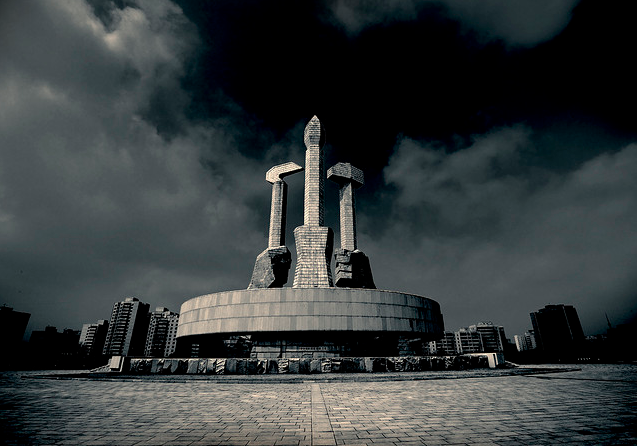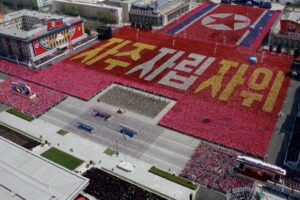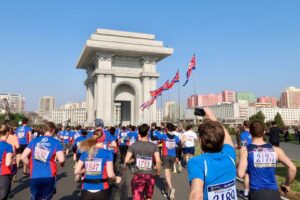Our new NK News feature dedicated to shining a light on innovative, new, and lesser known authors continues, this week presenting four names which have published a number of valuable North Korea-focused studies in recent years.
From the DPRK's relations with eastern Europe to North Korean conception of human rights, this week's scholars have all shed light on previously unexplored topics, helping to expand the focus of North Korean studies well beyond the usual paradigms of security and traditional international relations theory.
Our new NK News feature dedicated to shining a light on innovative, new, and lesser known authors continues, this week presenting four names which have published a number of valuable North Korea-focused studies in recent years.
From the DPRK's relations with eastern Europe to North Korean conception of human rights, this week's scholars have all shed light on previously unexplored topics, helping to expand the focus of North Korean studies well beyond the usual paradigms of security and traditional international relations theory.
Try unlimited access
Only $1 for four weeks
-
Unlimited access to all of NK News: reporting, investigations, analysis
-
Year-one discount if you continue past $1 trial period
-
The NK News Daily Update, an email newsletter to keep you in the loop
-
Searchable archive of all content, photo galleries, special columns
-
Contact NK News reporters with tips or requests for reporting
Get unlimited access to all NK News content, including original reporting, investigations, and analyses by our team of DPRK experts.
Subscribe
now
All major cards accepted. No commitments – you can cancel any time.










